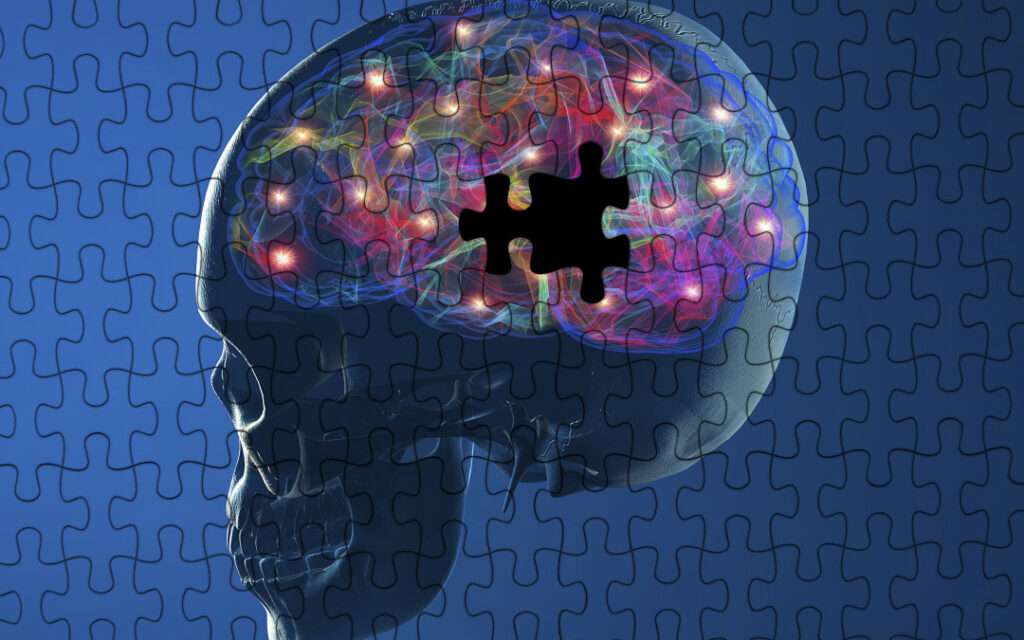What is repression? It’s a good question and one that not many people have an answer to. In fact, repression can be difficult to define because it means different things to different people. Generally speaking, repression refers to the act of pushing thoughts or feelings down into the subconscious mind. This can be done intentionally or unintentionally, but either way, it can lead to some serious problems. In this blog post, we will discuss what repression is, why it happens, and how you can deal with it.
Contents
What Is Repression?
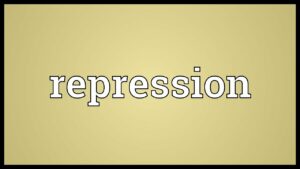 Repression is one of the most common defense mechanisms. It is the process of pushing unacceptable thoughts, feelings, and memories into the unconscious mind. This can be done consciously or unconsciously. Some of the most common symptoms of repression are forgetting memories, feeling disconnected from emotions, and having a hard time expressing oneself.
Repression is one of the most common defense mechanisms. It is the process of pushing unacceptable thoughts, feelings, and memories into the unconscious mind. This can be done consciously or unconsciously. Some of the most common symptoms of repression are forgetting memories, feeling disconnected from emotions, and having a hard time expressing oneself.
Repression is also one of the most misunderstood. Many people think that repression is a good thing, but it can lead to more harmful issues down the road if not dealt with properly.
Types of Repression
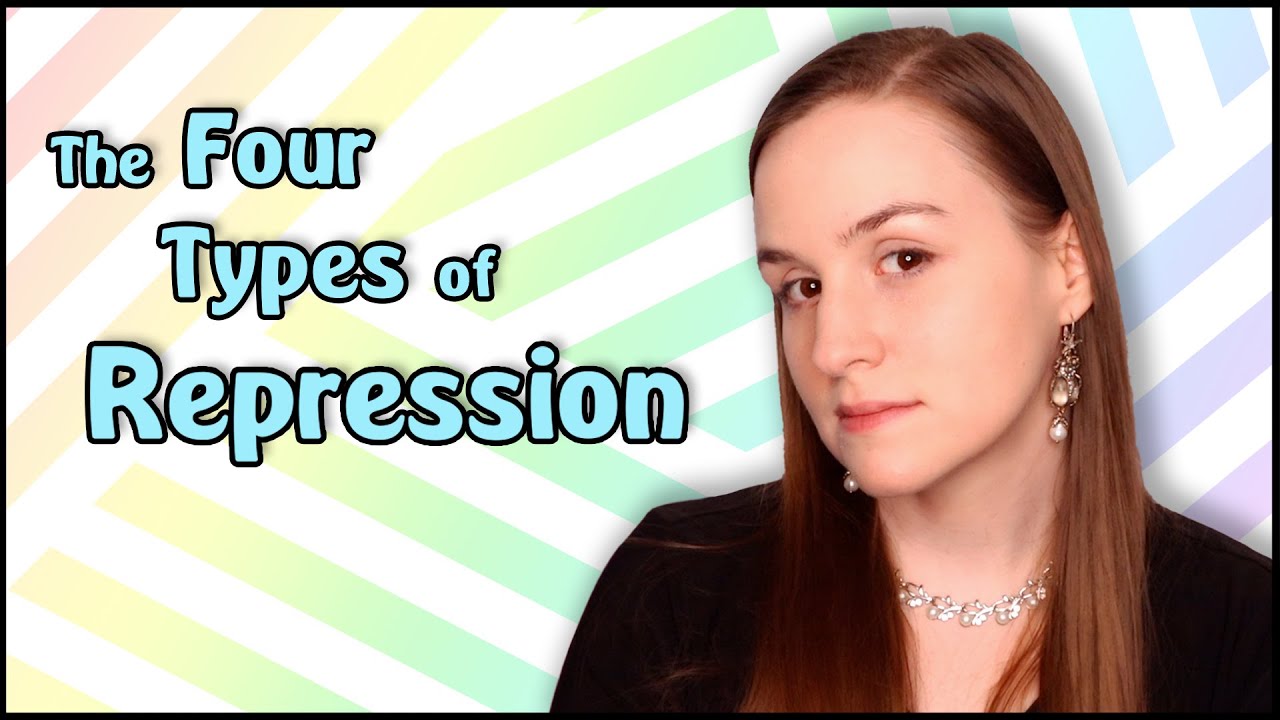
There are many types of repression such as:
Repression of Thoughts
Sometimes you may not want to think about something, so you push the thought out of your mind. This is often done unconsciously. It can also be done consciously in order to avoid difficult emotions.
Repression of Emotions
When you feel an emotion that is too painful, you may push it away. This can be done consciously or unconsciously. Again, it often happens unconsciously and can lead to problems if not dealt with.
Repression of Memories
You may forget a traumatic event or push the memory out of your mind altogether. This is also often done unconsciously and can cause problems if not addressed. Sometimes it also means that you have suppressed the memory and not just forgotten it.
Repression of Feelings
You may feel disconnected from your emotions or express them in an inappropriate way. This usually happens unconsciously, but it can also be consciously repressed if you don’t want to deal with certain feelings.
Signs of Repression

It is important to recognize whether you are experiencing repression because it can lead to other issues such as anxiety, depression, and more. Some signs that you are repressing include:
Forgetting Things
You may forget something completely or remember parts of it but not all details about what happened before/afterward. Not remembering how you got somewhere or why does this mean that there was a moment of unconscious or conscious repression.
Feeling Numb Emotionally
You may feel disconnected from your emotions and have a hard time expressing them. You might even feel numb all the time, which means you are not feeling anything at all. This can also mean that you are repressing certain emotions because they are too painful for you to deal with right now. Sometimes this is done consciously and sometimes unconsciously. Either way, you are not allowing yourself to feel everything that happens in life which can lead to problems later on down the road if not dealt with properly.
Feeling Disconnected
You may have a hard time knowing what your body needs or even recognizing when it does need something such as food, water, sleep, etc… This could mean that there was some unconscious repression of physical sensations happening because you didn’t want to deal with them at the time but now don’t know how much longer this can go on without causing more harm than good for yourself (and others). If left unchecked then these repressed urges will continue until they become too intense where they break into consciousness and cause a mental illness such as depression or anxiety disorder.
Memory Loss
Sometimes you may forget things that happened to you. This can be a sign of repression because it means there was some unconscious or conscious effort not to remember what had occurred before so as not to feel pain again in the future (or present moment).
Feeling Like You’re Not Good Enough
You may feel like you are not good enough and compare yourself to others, which is another common symptom of repression. It means that there was an unconscious or conscious effort made at one point in time where something traumatic happened but instead of dealing with it head-on by facing those feelings directly when they arose – now leads up until today where these thoughts have become more intense over time through repressing them continuously without any outlet for release… As if nothing ever happened.
Causes of Repression
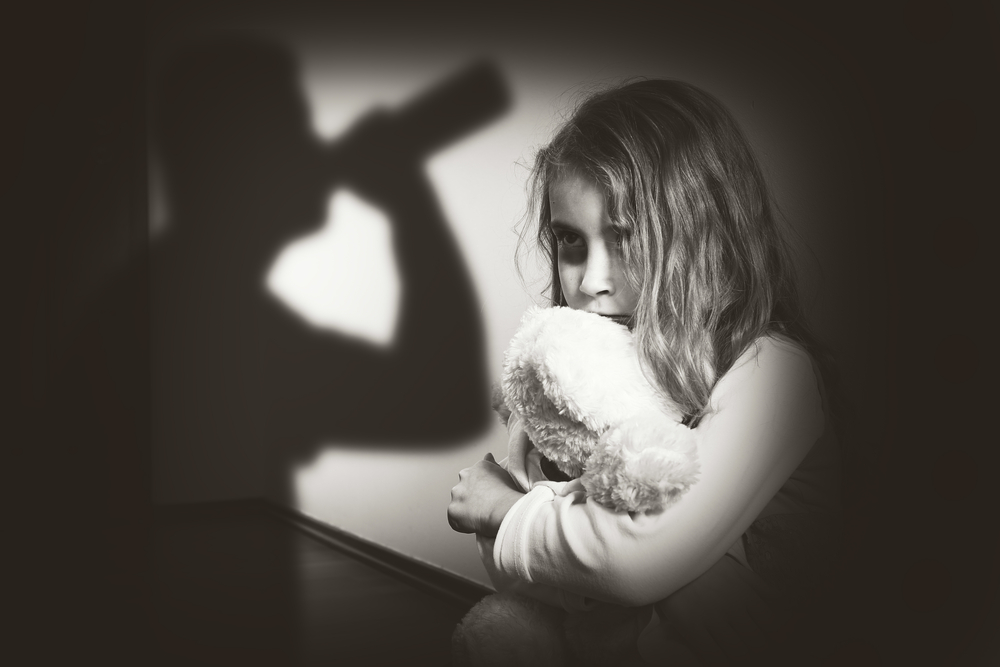
There are many causes o repression as well. Some of these are:
Traumatic Event
Sometimes traumatic events may cause you to repress memories, feelings, or urges. This could be something that has happened recently or something from the past that you have not yet dealt with. Sometimes these events can cause amnesia, which is when you forget everything about what happened during the event itself as well. This may occur because it was too painful for you to deal with at the time but now that some time has gone by there are things coming up that trigger those memories again and so they come flooding back into consciousness without warning causing an emotional reaction such as panic attacks or anxiety disorders like PTSD (Post Traumatic Stress Disorder).
Repressing Feelings
You may also repress feelings if they are too painful for you to face right now. Sometimes this happens unconsciously while other times it is done consciously not wanting anything else bad happens in life after already having had a difficult past experience(s) with trauma/abuse etc. It’s as if you are saying to yourself “I can’t deal with this right now so I am just going to push it down and forget about it. Maybe it will go away on its own.
Guilt or Shame
You may also repress feelings because of guilt or shame. For example, someone who has been sexually assaulted may feel guilty for what happened which can then lead to them feeling ashamed of themselves. This is a very common reaction but one that needs to be dealt with in order to start healing from the trauma/abuse that occurred.
Negative Feedback
If you’ve ever received negative feedback from someone important to you such as a parent, teacher, spouse, etc. You may start to unconsciously repress your own thoughts and emotions in order to try and please that person. You might even avoid doing things because you know it will get a negative reaction from them which can then lead to more repression. Sometimes there are many layers of repression that need to be dealt with before someone can start healing from the trauma/abuse they’ve experienced in their lives.
Impacts of Repression

Repression impacts many people in all different ways that have different causes. Some of these impacts are:
Physical Illness
Repression can cause physical illness such as:
- headaches,
- back pain,
- stomach problems, and
- insomnia.
- Mental Illness
- Repression can also lead to mental illness such as:
- depression,
- anxiety disorder,
- OCD (obsessive-compulsive disorder),
- panic attacks, and PTSD.
Memory Loss
Sometimes repression can also lead to memory loss. This could be memories of traumatic events or just everyday memories. There can also be gaps in memory where there are things you remember but not everything else around it.
Relationship Problems
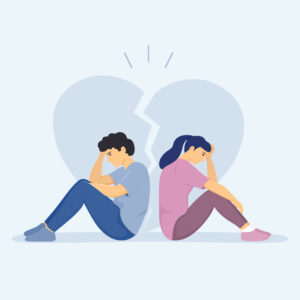 Repression can also lead to relationship problems because when someone is repressing their feelings/thoughts they may act out by taking these frustrations out on other people without realizing what they’re doing. Sometimes this can come across as being angry or withdrawn and distant from those closest to them which then leads to having issues within their relationships with others which eventually will cause even more stressors than before causing an increase in depression symptoms.
Repression can also lead to relationship problems because when someone is repressing their feelings/thoughts they may act out by taking these frustrations out on other people without realizing what they’re doing. Sometimes this can come across as being angry or withdrawn and distant from those closest to them which then leads to having issues within their relationships with others which eventually will cause even more stressors than before causing an increase in depression symptoms.
This creates a cycle that continues until someone finally decides enough is enough! It’s time for change now before any permanent damage has been done due to prolonged exposure over long periods of time (months, years, decades).
How To Deal With Repression?
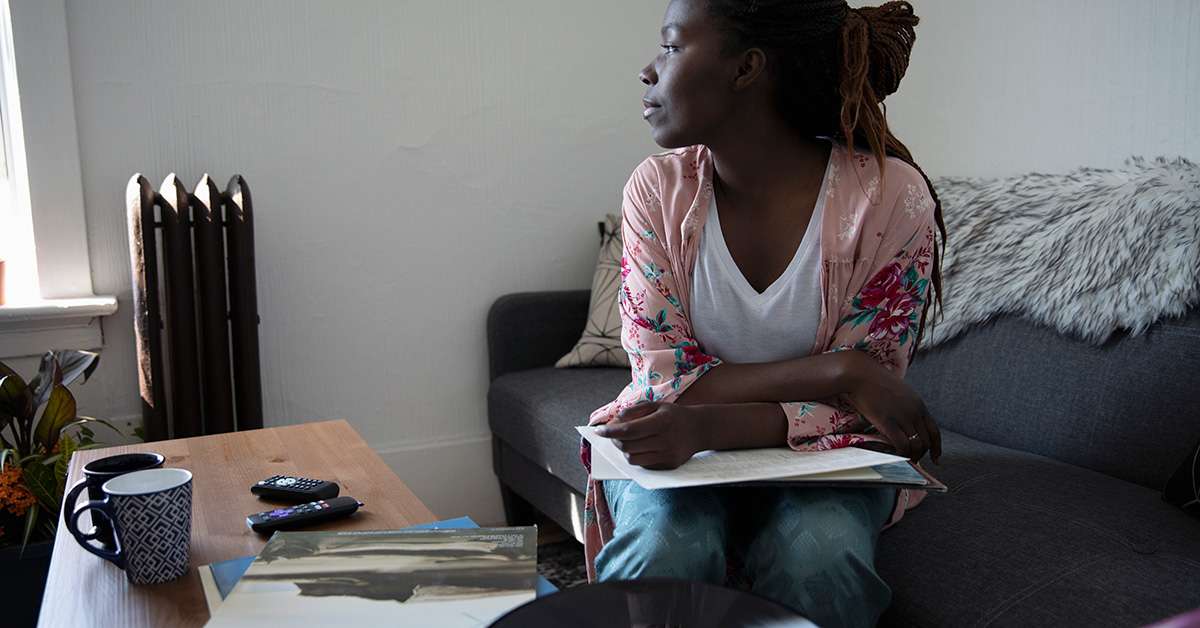
There are many ways to deal with repression such as:
Try To Talk To Others
There are many different ways that people deal with repression. One way is by trying to talk about it with others who may be able to relate or help them through their experiences. There are also support groups available both online and in-person that can help people connect with others who are going through similar things.
Therapy
Another way to deal with repression is by seeking out therapy. This could be individual or group therapy depending on what would work best for the person. Therapists can help individuals explore their feelings and thoughts which may have been repressed for a long time. They can also provide support and guidance throughout the healing process.
Self-Care
It’s very important for someone who is dealing with repression to practice self-care. This means taking care of yourself emotionally, mentally, physically, and spiritually. Some ways to do this include:
- eating healthy foods,
- exercising regularly,
- taking time for yourself,
- meditating or praying, and
- writing in a journal.
Try To Relax
It’s also important that someone dealing with repression tries to relax as much as possible. Some ways to do this include:
- taking deep breaths,
- listening to music, and
- doing yoga or tai chi.
These all help calm the mind and body which will allow for more clarity when it comes time for processing all of those repressed feelings/thoughts! The goal is not necessarily avoiding pain but rather learning how best to cope with it so you don’t feel overwhelmed by everything going on around them at once because there are many different things happening simultaneously within ourselves every day without noticing them (i.e., breathing, heartbeat).
Take Break
Sometimes it’s also helpful to take breaks from whatever is causing so much stress in your life. This could be by:
- taking a walk,
- going out with friends for dinner or drinks, and/or just getting away from everything for awhile
In these instances, it might be a good idea to see if there are any support groups available near you that can help provide some relief during this time as well because being around other people who understand how difficult things are may make things easier on yourself too.
Conclusion
Repression is something that many people deal with on a daily basis. It can be very painful and sometimes even debilitating for those who are suffering from it because of all the negative emotions that come along with repressing their feelings/thoughts about what has happened to them or is happening right now in their lives.
However, there are ways to cope such as talking about these issues (whether one-on-one therapy sessions), seeking support groups if necessary so you don’t feel alone during this time too! We hope this article helped give some insight into what repression means while providing tips on how best to manage symptoms associated with it as well! Take care of yourself always because nobody else will do that job better than you.
A Word From Therapy Mantra
Your mental health — Your psychological, emotional, and social well-being — has an impact on every aspect of your life. Positive mental health essentially allows you to effectively deal with life’s everyday challenges.
At TherapyMantra, we have a team of therapists who provide affordable online therapy to assist you with issues such as depression, anxiety, stress, workplace Issues, addiction, relationship, OCD, LGBTQ, and PTSD. You can book a free therapy or download our free Android or iOS app.
